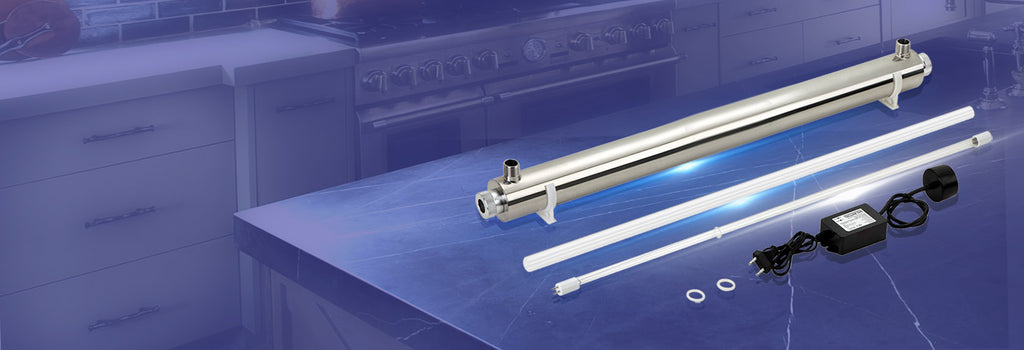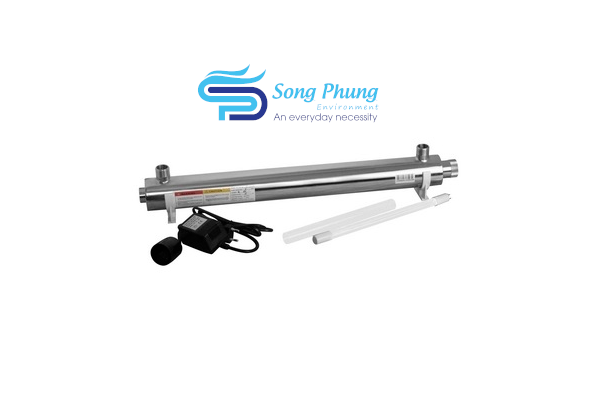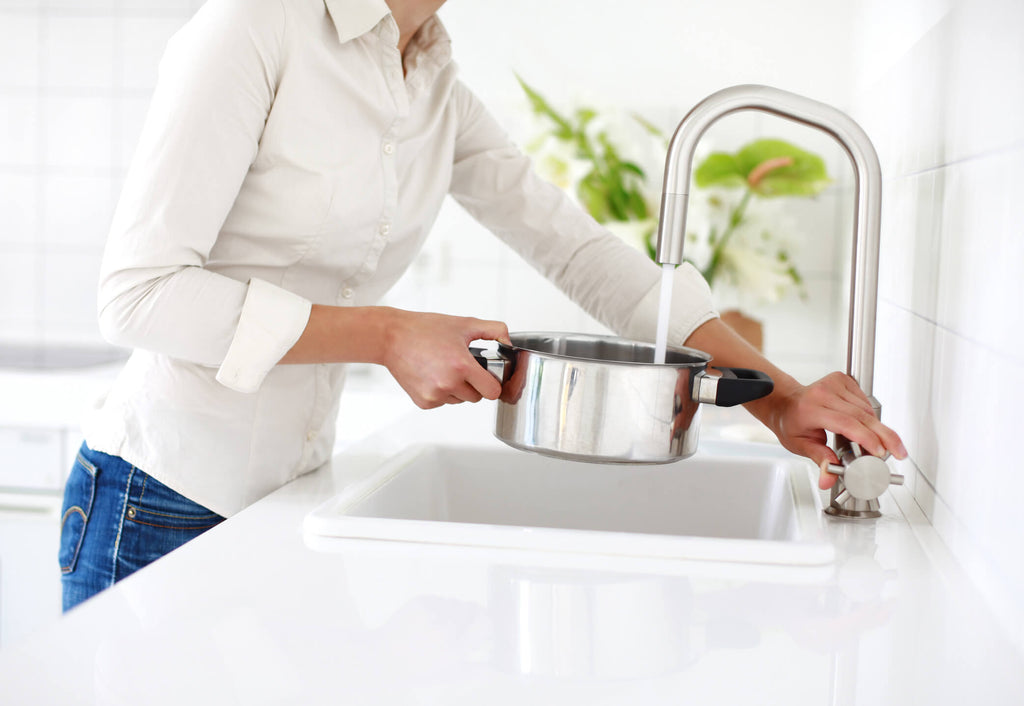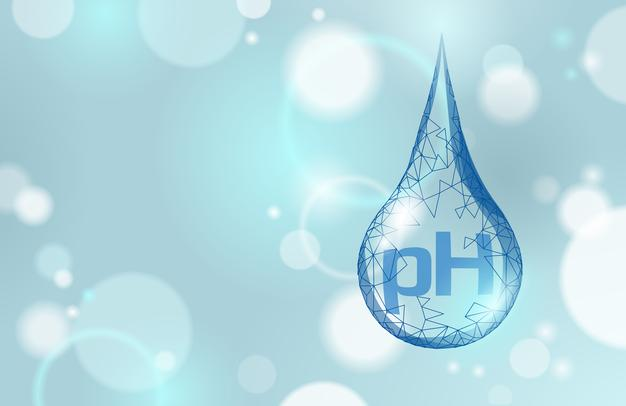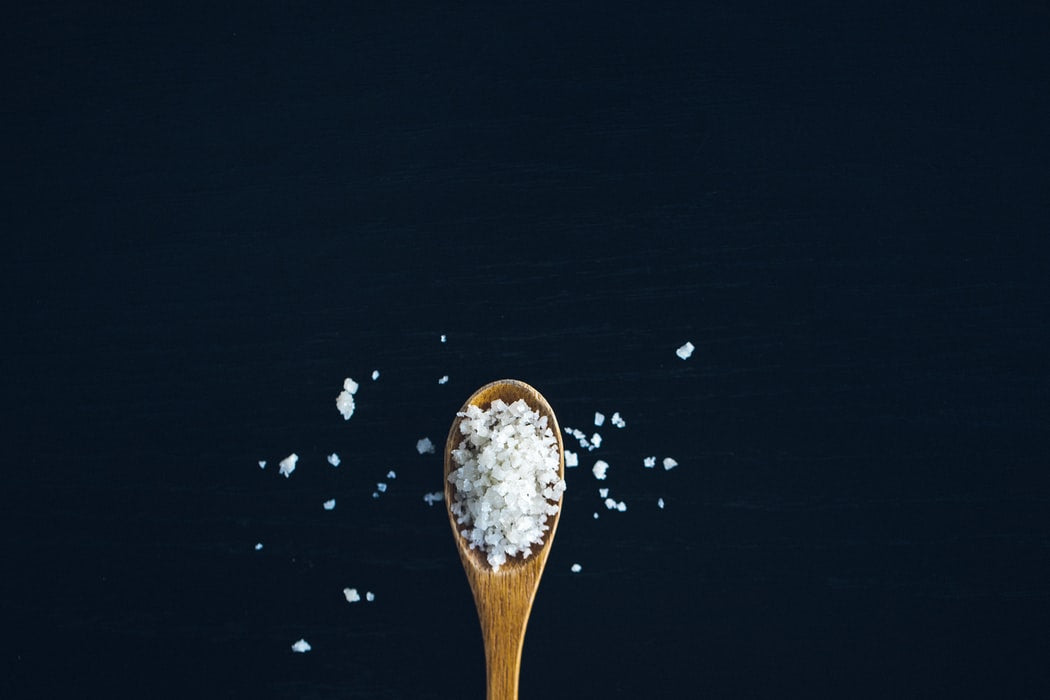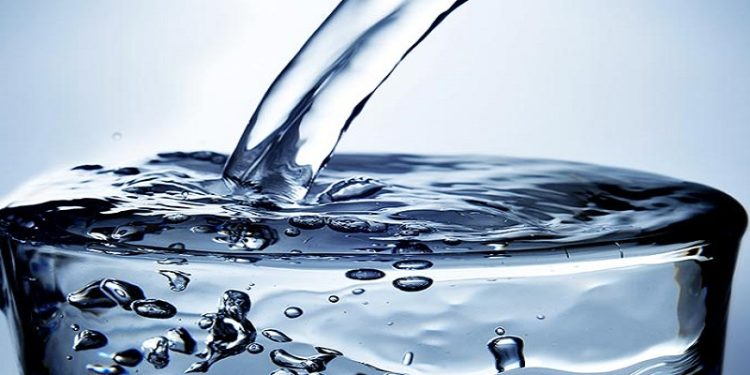Can hard water damage car paint?
Hard water can leave stains on kitchen appliances, plumbing, and even car paint. And understand this, simply wiping it off won’t do the trick, as those stubborn spots tend to reappear once the water dries. If left untreated, they can get worse and cause permanent damage to your car’s appearance.
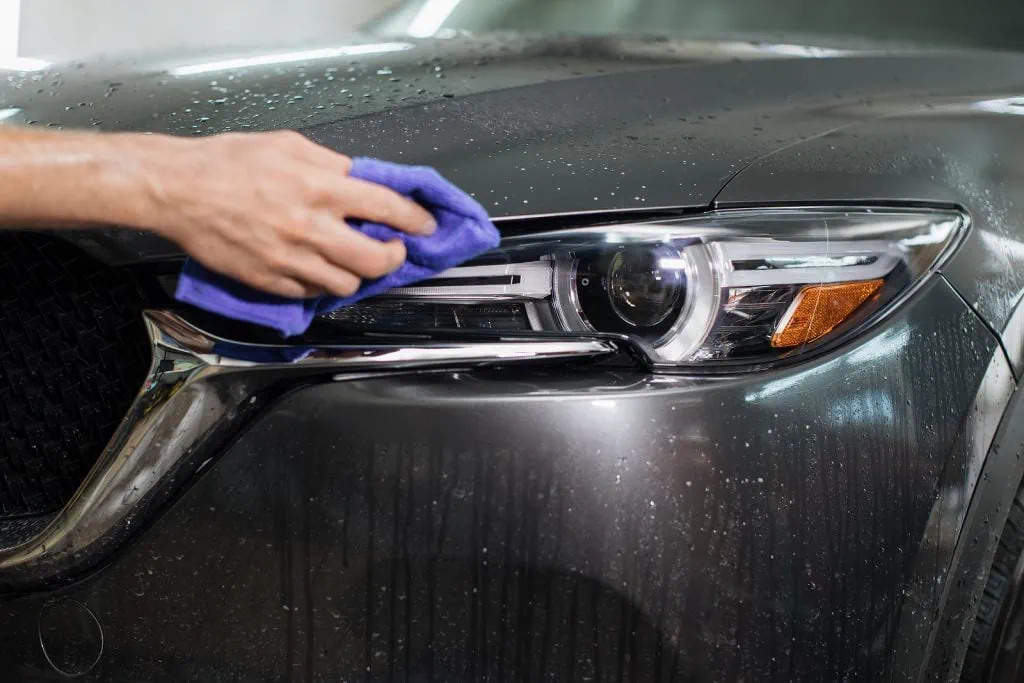
Luckily, you don’t have to live with these annoying hard water spots on your car forever. You can quickly get rid of them with everyday household products you probably already have at home. Better yet, you can prevent them from forming in the first place by avoiding using water from pipes when washing your car or investing in a home water softener.
First off, what exactly is hard water?
Hard water is water that contains high levels of dissolved minerals, mainly calcium and magnesium. Although rainwater is naturally soft, when it flows underground, it absorbs minerals from soil and rocks, causing the water to become hard.
The level of mineral concentration in water determines its hardness, with the United States Geological Survey (USGS) classifying water hardness levels based on their calcium carbonate content as follows:
- Soft: 0 to 60 mg/L
- Moderately hard: 61 to 120 mg/L
- Hard: 121 to 180 mg/L
- Very hard: > 180 mg/L
What causes hard water stains on car paint and what damage can they cause?
Hard water can cause many problems in your home. For example, it can lead to brittle hair, dry skin, damaged pipes and appliances, and unsightly water spots on your car’s paint.
Hard water spots can appear after washing your car with unfiltered hard water that contains dirt, salt, and minerals. As the water dries, minerals and corrosives are left behind as residue that can damage your car’s paint. Over time, mineral components can penetrate the surface and penetrate the clear coat, causing permanent damage to the paint.
Luckily, there are several ways to prevent hard water stains from forming on your car and damaging its pristine finish. You can filter and soften your water or use specific soaps and cleaning methods to protect your car’s paint, saving you from costly repairs and preserving your car’s value for years to come.
Does tap water cause hard spots on your car?
But how can you tell if hard water is the culprit behind those pesky stains on your car’s paint? Look inside your home for signs like excess soap scum that is difficult to remove, white residue, chalk around faucets or shower heads, or your soaps and shampoos lather poorly. These are all signs of hard water in your home, but there are different ways to confirm it.
1. Perform a quick check on the soap bottle
To determine if you have hard water, perform a simple “quick soap suds test.” Start by taking an empty, clean, clear bottle with a tight-fitting lid and add a small amount of water and dish soap. Shake vigorously for about 15 seconds, then fill the bottle 1/3 full with tap water and shake again. You may have hard water if the water is cloudy or milky and does not foam.
Soft water, on the other hand, will bubble quickly, with the clear water remaining at the bottom. However, keep in mind that some soaps contain detergents that foam regardless of water hardness. For the most accurate results, it’s best to use a regular soap like Castile, which doesn’t contain dyes, detergents or perfumes.
2. Use a DIY hard water test kit or send a water sample to a lab for testing
Whether your home is connected to a public or private water system, you can use a DIY water test kit to test your water hardness. You can purchase these test kits online or at local home centers or hardware stores. While water testing kits can give you a general idea of the level of hardness in your water, sending a water sample from your tap to a certified local laboratory for testing can yield results more accurately. Professional water testing can also detect other problems in your water, such as the presence and concentration of bacteria, heavy metals, chemicals, and other potentially toxic contaminants.
3. Check your water quality report
Reviewing your latest annual water quality report is another way to estimate water hardness. This document includes information about the level of water hardness in community water supplies. If you are unsure how to access your water quality report, contact your water supplier for assistance. They can also provide you with the exact hardness level of the water they deliver to your home.
How to remove hard water stains from car paint: Step-by-step instructions
Hard water stains can be a nightmare for car owners, but there are steps you can take to remove them without spending a fortune. Here’s a handy guide to help you get rid of them:
1. Wash and dry the vehicle
Start by parking your car in the shade in the early morning or evening. You will need a clean bucket of warm soapy water, a second bucket of clean rinse water, a sponge and soft wash mitts, a faucet with clean rinse water, and a dry towel or microfiber towel. Be sure to soak the laundry gloves in soapy water to clean them and rinse them in a bucket of clean water before continuing to wash. Only wash the car when the painted surface has cooled. Dry the vehicle properly from top to bottom to avoid hard water residue remaining and possibly damaging the paint.
2. Wipe paint stains with vinegar
If the marks remain after washing, try cleaning the paint with distilled water and regular white vinegar mixed in a 50/50 ratio. This will break down the minerals in the water spots and make them easier to remove. Spray the towel a few times and gently rub the areas until they disappear. Finally, clean the area with a quick wipe or rinse the area to remove the vinegar from the paint.
3. Use stain remover
Consider using a commercial stain remover if vinegar doesn’t work or you don’t want to use vinegar on your car. Water stain removers work best on paint, glass, chrome and metal. They are safest when used with gloss paint and should not be used on flat or matte paint jobs. After rinsing and drying your vehicle, use a foam applicator to apply water stain remover to the affected areas. Rub the stain remover onto the paint two or three times. Finish by scrubbing the compound off with a clean, dry cloth.
4. Use a clay bar to remove residue from the car’s surface
If marks still remain, use a clay bar to remove residue from the vehicle’s surface. Wet the paint with a quick sander and run the clay bar over the water spots to see if the clay picks up minerals on the surface.
5. Bring out the polishing machine
If the clay bar isn’t working, it’s time to take it to the polishing shop. First, use a polishing pad with polishing agent and apply a few strokes. If this doesn’t work, do it a few times with the cutting piece and compound. If this works, finish with polish and buffing pads.
How to prevent hard water stains on your car’s paint
You can always find ways to cover up the dents, etch marks and discoloration that hard water can cause to your car’s paint, but what does it mean if you continue to use hard water when washing your car?
1. Invest in a water softener
If you suspect or know you have hard water at your house, investing in a water softener is your best option to prevent water stains on your car’s exterior if you wash your car at home. By installing one of these powerful water softener systems in your home, you can enjoy many benefits, such as:
- Cleaning the car is easier
- Car paint lasts longer
- Increase car resale value
Water softeners also bring incredible benefits to your home:
- Less mineral buildup inside pipes, fixtures and water heaters
- Long lasting utensils
- Glassware is cleaner, brighter
- Reduces soap film and detergent residue in sinks, bathtubs and washing machines
2. Wash the car with distilled water
If you don’t have a water softener, you can still prevent water stains on your car by washing it with distilled water. Distilled water does not contain the minerals that cause hard water spots, so it is a safe and effective option. You can easily buy distilled water at most grocery stores or home improvement stores.
3. Use car wash solution that does not require detergent
Another way to prevent water stains on your car is to use a water-free car wash. These products do not require rinsing with water, so there is no chance of hard water stains forming. Apply the solution to your car’s surface and wipe clean with a microfiber cloth.
4. Dry the car thoroughly after washing
No matter how you wash your car, dry it thoroughly to avoid water stains. Use a soft, clean microfiber towel or chamois cloth to dry your vehicle’s surface. Avoid using old towels or rags that can scratch the paint.
If you need help choosing a specific system or would like to learn more about the different water treatment systems and technologies we offer, please call 0913.90.72.74 – 0984.620.494.
Follow Fanpage: https://www.facebook.com/SongPhungthietbinganhnuoc/ to update new products
See also: How to read your water quality report: Helpful tips and expert advice
Translator: Duong Nguyen Hoang Khang

